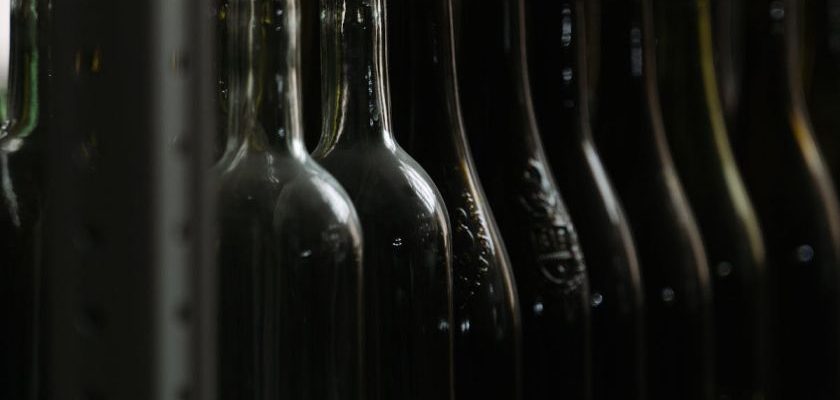Glass manufacturing has seen significant technological advancements in recent years, revolutionizing the industry and opening up new possibilities for the use of glass in various applications. From traditional methods to cutting-edge techniques, the evolution of glass manufacturing has led to stronger, more durable, and more versatile glass products that are used in construction, automotive, electronics, and other industries.
Innovative Glass Formulations
One of the most significant advancements in glass manufacturing is the development of innovative glass formulations. Manufacturers are now able to create glass with enhanced properties such as increased strength, durability, and resistance to environmental factors. By tweaking the composition of the glass, researchers have been able to produce glass that is more resilient to impact, scratches, and even extreme temperatures. This has expanded the potential uses of glass in construction and other industries where strength and durability are crucial.
Advanced Manufacturing Techniques
The use of advanced manufacturing techniques has also played a key role in the evolution of glass manufacturing. One such technique is the use of laser technology for cutting and shaping glass with precision and efficiency. Laser cutting allows for intricate designs and complex shapes to be achieved with minimal waste, making it a popular choice for high-end glass products. Additionally, advancements in automation and robotics have streamlined the manufacturing process, leading to increased productivity and consistency in the production of glass products.
Smart Glass Technology
Smart glass technology is another area where significant advancements have been made in recent years. Smart glass, also known as switchable glass, can change its properties based on external stimuli such as light, heat, or electricity. This technology has opened up new possibilities for energy-efficient windows, privacy screens, and interactive displays. By incorporating smart glass into buildings and vehicles, users can control the transparency of the glass, allowing for better control of light and privacy.
Innovations in Coatings and Finishes
Glass coatings and finishes have also seen notable advancements, with manufacturers developing coatings that provide additional functionalities such as self-cleaning properties, UV protection, and anti-reflective surfaces. These coatings not only enhance the aesthetic appeal of glass products but also improve their performance and longevity. By incorporating these advanced coatings, glass manufacturers are able to offer products that are more resistant to environmental factors and require less maintenance.
The Future of Glass Manufacturing
As technology continues to advance, the future of glass manufacturing looks promising. Researchers are exploring new materials and processes to further improve the properties of glass and develop innovative applications. From self-healing glass to glass that can store energy, the possibilities are endless. With the ongoing advancements in glass manufacturing, we can expect to see even more versatile and sustainable glass products in the years to come.

